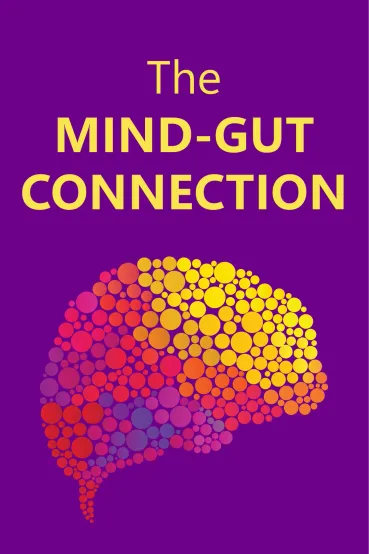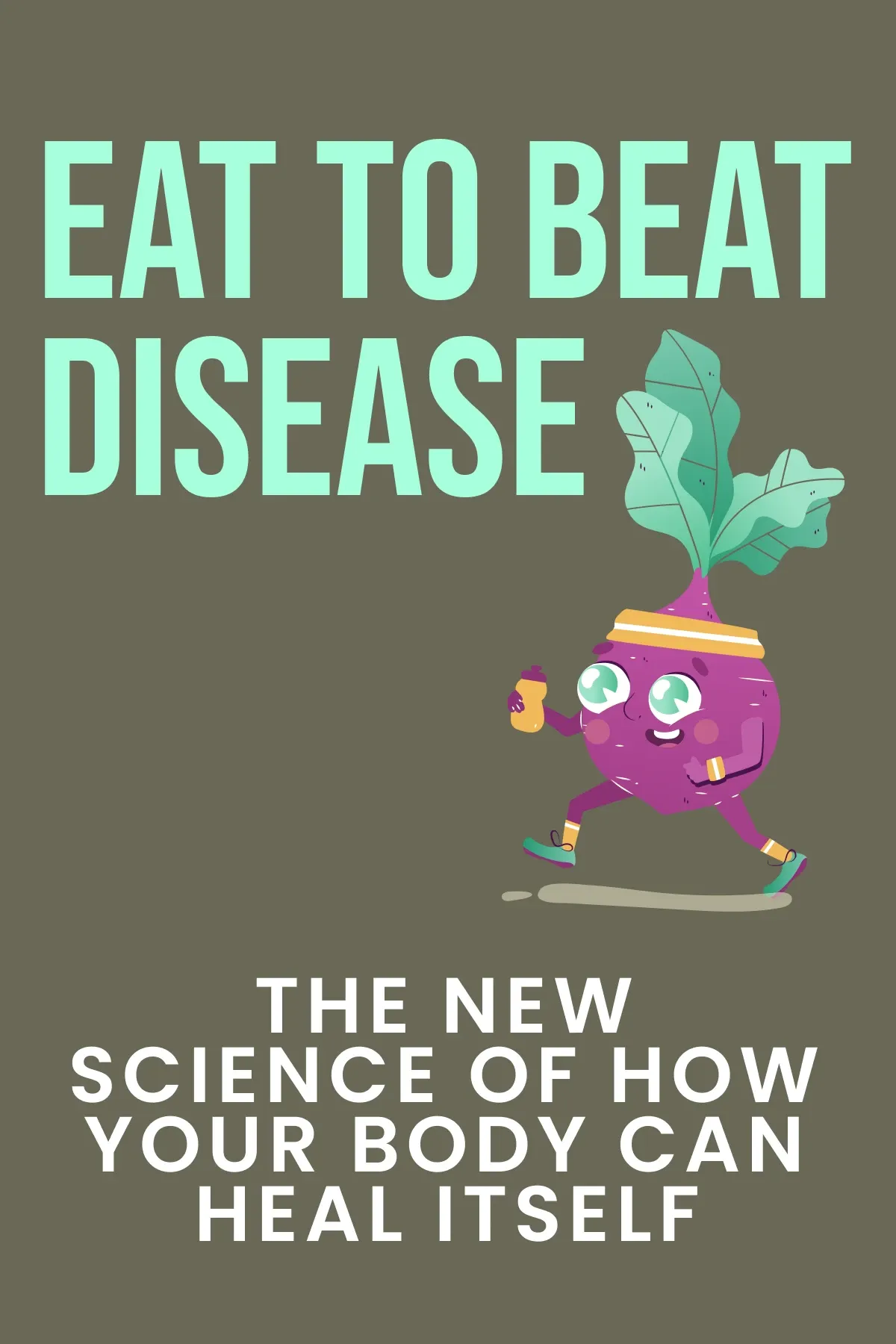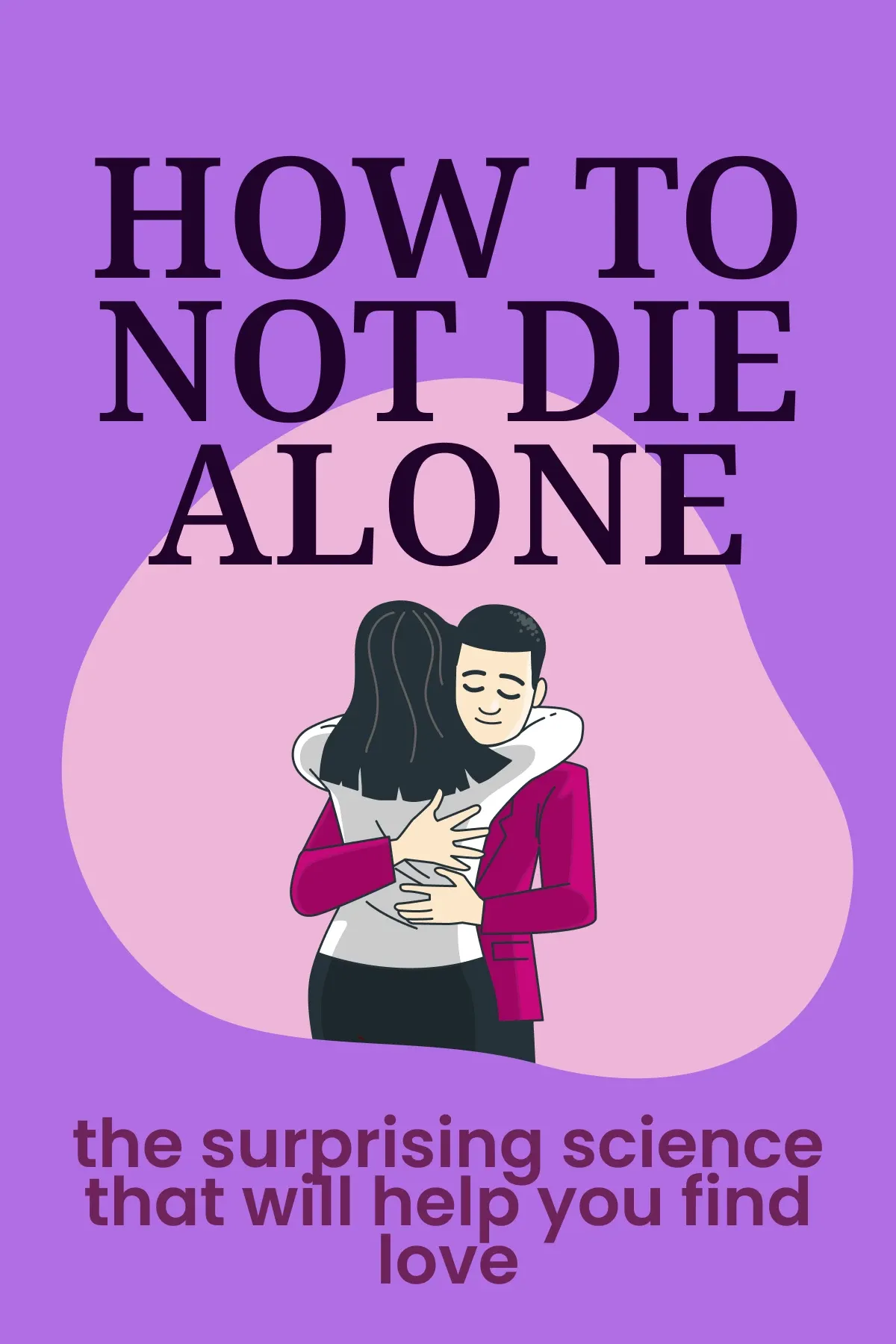
The Mind-Gut Connection
Brief Summary
Turns out, due to poor nutrition or digestive problems, we can experience negative emotions and even depression. Curious to learn more? “The Mind-Gut Connection” by Emeran Mayer demonstrates the incredible link between our gut and our brain.
Key points
Key idea 1 of 6
Human health depends on the intricate relationship between the brain and body. The central nervous system, controlled by the brain, interacts with the digestive system, which greatly impacts how the body functions.
The brain and gut are linked through anatomical and neurological pathways. These connections form a bidirectional communication system vital in regulating overall health. Collectively, this system is known as the “second brain.”
Picture a car cruising along a highway, going from the starting point to its final destination. In our case, such cars are signals from the gut to the brain and vice versa. The road they use is the vagus nerve—the primary tool of communication transmission in the “second brain.” When our nutrition worsens, and digestion weakens, the nerve sends a “warning” to our head. The vagus nerve causes the brain to wake up. It receives the message and then reacts.
People do not always understand what their gut wants to tell them. We don’t notice a lot of such messages, but they are all converted into a negative reaction of the body. Moreover, about 90 percent of all information reaches the brain, while only 10 percent reaches the intestine. Everything suggests that our body is a complete ecosystem where all organs are interconnected.
Far beyond its role in digestion, the gut strongly influences immunity, helping to identify and fight harmful microorganisms. Maintaining a healthy microbiome is key. Exploring the gut-brain relationship and nurturing this internal ecosystem could boost our health and pave the way for future medical advancements and disease prevention.
Many nerve endings in the gut make up a separate enteric nervous system. If we compare the number of nerve cells, the gut is inferior only to the spinal cord. It is also full of serotonin and is considered an essential endocrine organ. More than 90% of serotonin is contained there, influencing gut-brain communication via blood flow and nerve pathways. Their connection is so strong that negative emotions can increase the amount of acid production in the stomach.
FAQ
You may also like these summaries











